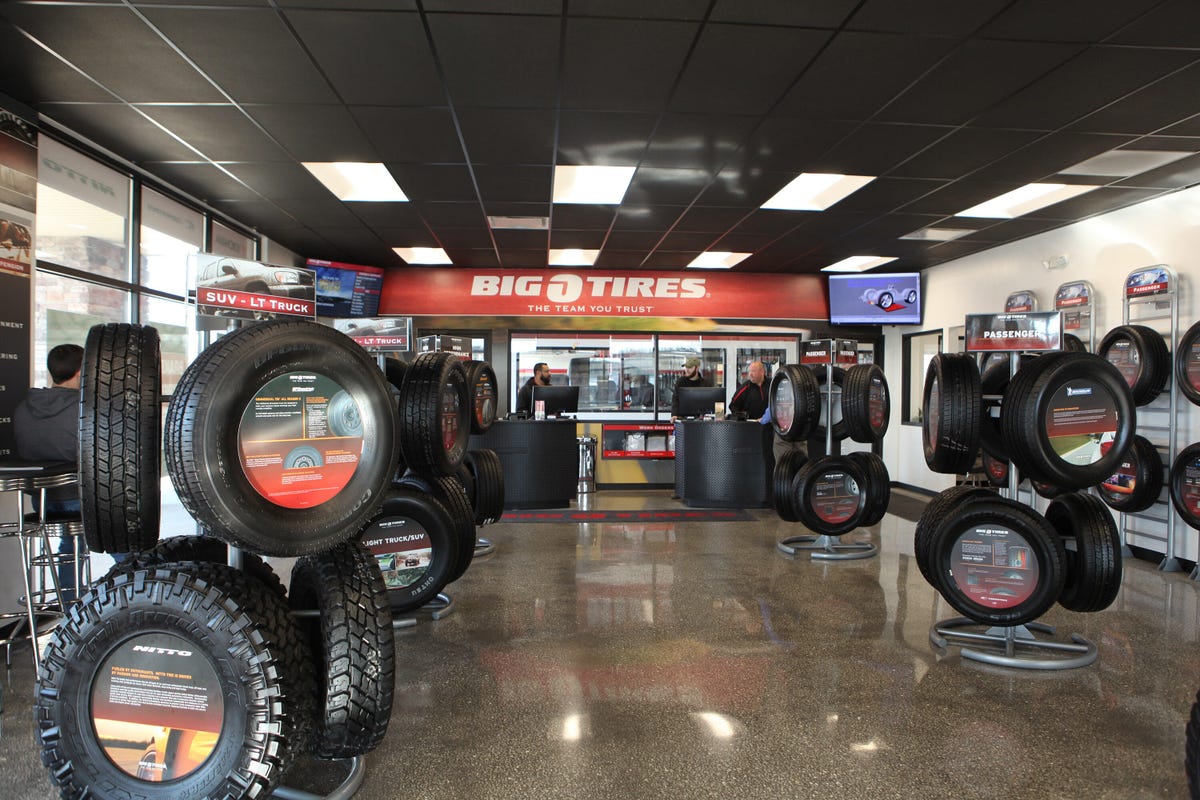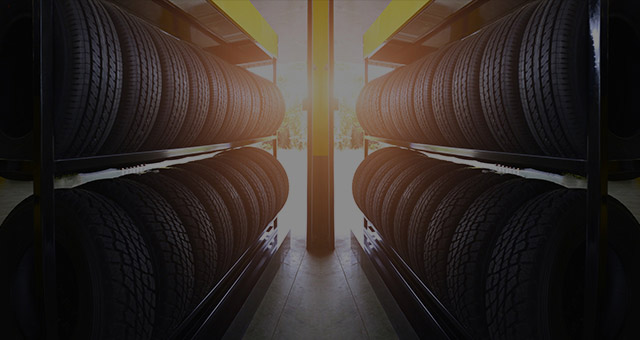Top Quality Tire Shop Morris: Your Go-To Location for Tire Requirements
Top Quality Tire Shop Morris: Your Go-To Location for Tire Requirements
Blog Article
Tire Service: Understanding Tire Pressure Tracking Systems
Understanding Tire Pressure Monitoring Systems (TPMS) is an important aspect of maintaining ideal vehicle performance and security when traveling. With improvements in vehicle innovation, TPMS has actually ended up being a basic function in modern vehicles, supplying real-time info on tire stress levels. Delving much deeper right into the details of TPMS, one can discover the numerous elements that make up this system and the significance of each in ensuring exact surveillance. From direct to indirect TPMS systems, the landscape of tire pressure tracking varies, each with its special collection of factors to consider and benefits. Stay tuned to untangle the complexities of TPMS, from maintenance pointers to the obvious advantages of keeping your tires properly pumped up. mopar tire service specials.

Value of TPMS
The relevance of Tire Pressure Tracking Solutions (TPMS) depends on their ability to improve lorry safety and security and efficiency via real-time surveillance of tire pressure levels. Keeping the right tire pressure is crucial for ensuring optimum handling, stopping, and general safety of a car. TPMS gives motorists with prompt responses on any underinflated or overinflated tires, enabling prompt adjustments to be made.
Components of TPMS
Comprising different vital elements, a Tire Stress Tracking System (TPMS) operates as an advanced safety function in modern vehicles. The primary components of a TPMS include sensors, a control component, and a warning indication. Sensing units are usually situated in the tire valve stem or attached to the wheel setting up, where they determine tire pressure and send data to the control component. If it discovers substantially low stress in any of the tires, the control component processes this details and triggers a warning. The caution indicator, typically a sign on the control panel, notifies the chauffeur to examine the damaged tire or tires. Some progressed TPMS models also display the actual tire stress readings for each tire, offering vehicle drivers with real-time information to make sure optimum tire efficiency and safety. By checking tire stress constantly, TPMS helps avoid crashes, decreases tire wear, and enhances gas efficiency, making it a vital component for lorry security and efficiency.
Sorts Of TPMS

On the various other hand, indirect TPMS depends on the vehicle's wheel rate sensing units to keep an eye on tire pressure. This system detects underinflation by contrasting the rotational speeds of the wheels. Indirect TPMS is much less expensive than direct TPMS, as it utilizes existing sensing units within the car.
While direct TPMS uses extra precise readings, indirect TPMS is easier in layout and typically needs much less maintenance. Both systems have their advantages and restrictions, and the option in between them usually depends upon factors such as cost, vehicle make, and personal choice. Recognizing the distinctions in between these two kinds of TPMS can assist car owners make notified choices relating to tire maintenance and safety and security.
TPMS Upkeep Tips
Efficient upkeep of TPMS is essential for ensuring optimum performance and safety of your lorry. Routinely examining the TPMS sensors for any damage or rust is vital. Guarantee that the sensing units are tidy and complimentary from debris that can conflict with their performance. click over here now In addition, it is suggested to inspect the sensor batteries regularly and change them as required to ensure accurate readings. Conduct routine checks on the tire pressure degrees and contrast them with the TPMS analyses to guarantee they correspond. Recalibrate the system adhering to the supplier's guidelines if there are any disparities. During tire rotation or replacement, make sure that the TPMS components are dealt with carefully to avoid any type of prospective damages. Lastly, if the TPMS alerting light illuminates on the control panel, address the issue immediately by checking the tire stress and the total system for any kind of faults. By sticking to these maintenance pointers, you can prolong the life-span of your TPMS and other enhance the safety of your driving experience.
Advantages of Appropriate Tire Pressure
Preserving appropriate tire stress, as stressed in TPMS Maintenance Tips, is important for enjoying the numerous benefits linked with optimum tire stress degrees. Additionally, correct tire stress guarantees even tire wear, extending the life expectancy of the tires and promoting much safer driving conditions. In verdict, the benefits of proper tire pressure go past simply tire longevity; they incorporate improved fuel effectiveness, boosted security, better lorry performance, and total driving comfort.
Verdict
Finally, understanding tire pressure tracking systems (TPMS) is crucial for maintaining optimum tire pressure and making certain lorry security. By recognizing the relevance of TPMS, being acquainted with its components, understanding the various types available, sticking to correct maintenance ideas, and realizing the advantages of keeping appropriate tire stress, a knockout post motorists can enhance their driving experience and prolong the life-span of their tires. Appropriate tire stress is crucial to effective and safe lorry procedure.

Report this page